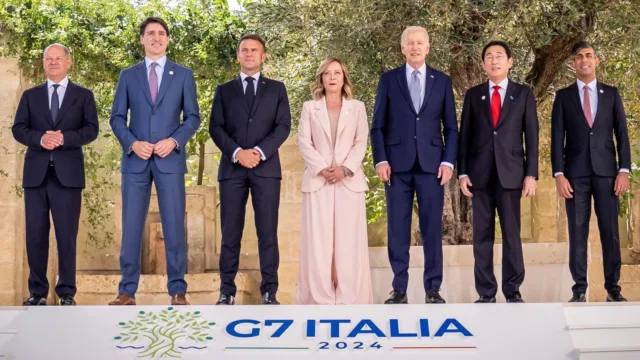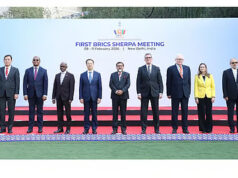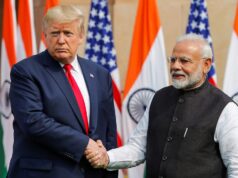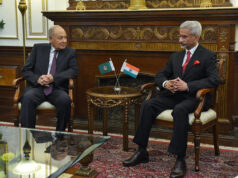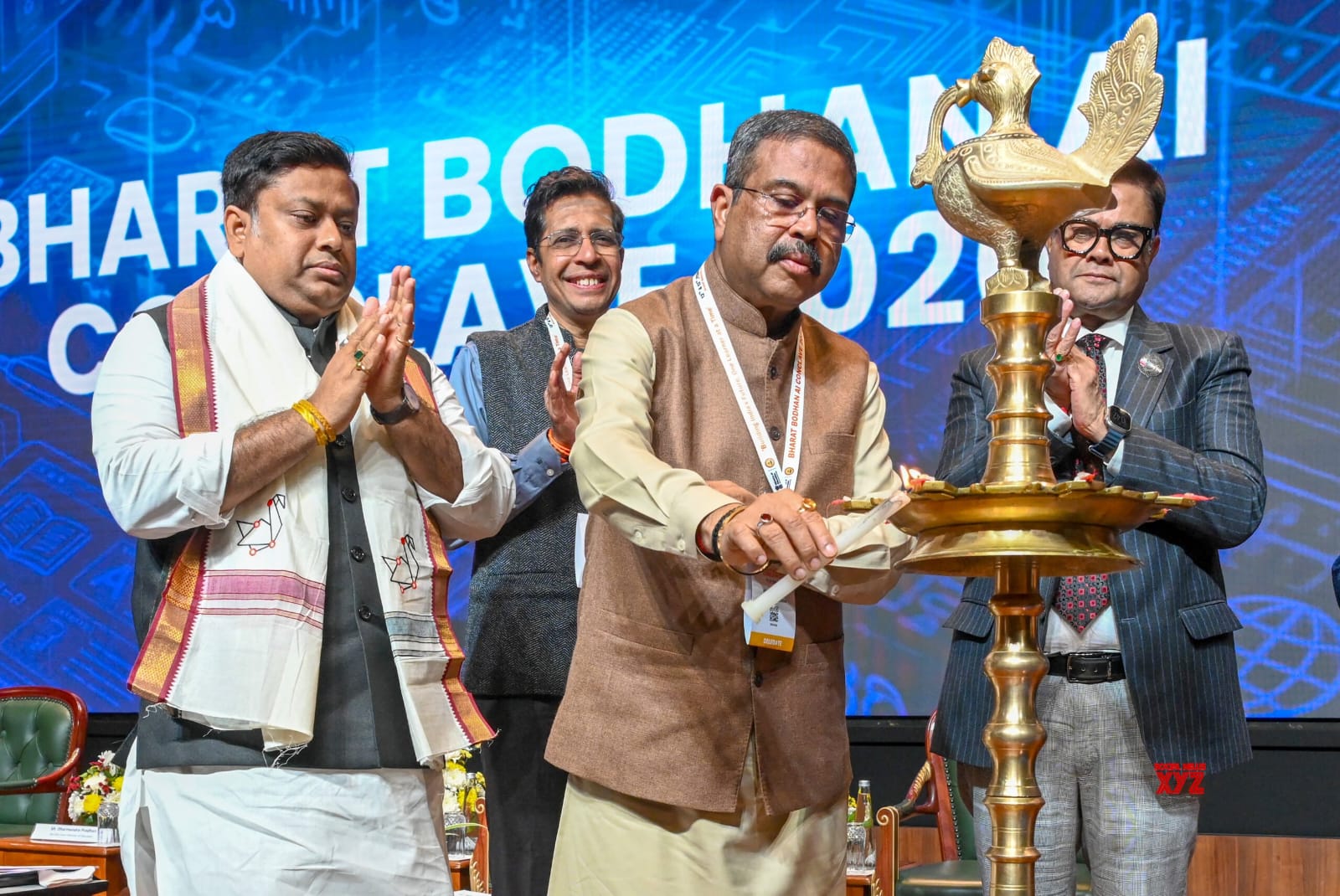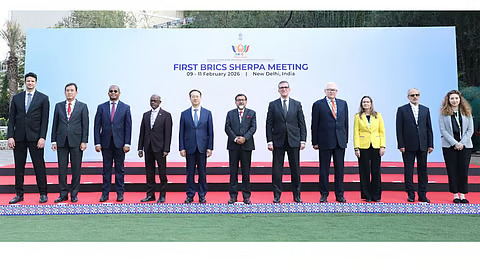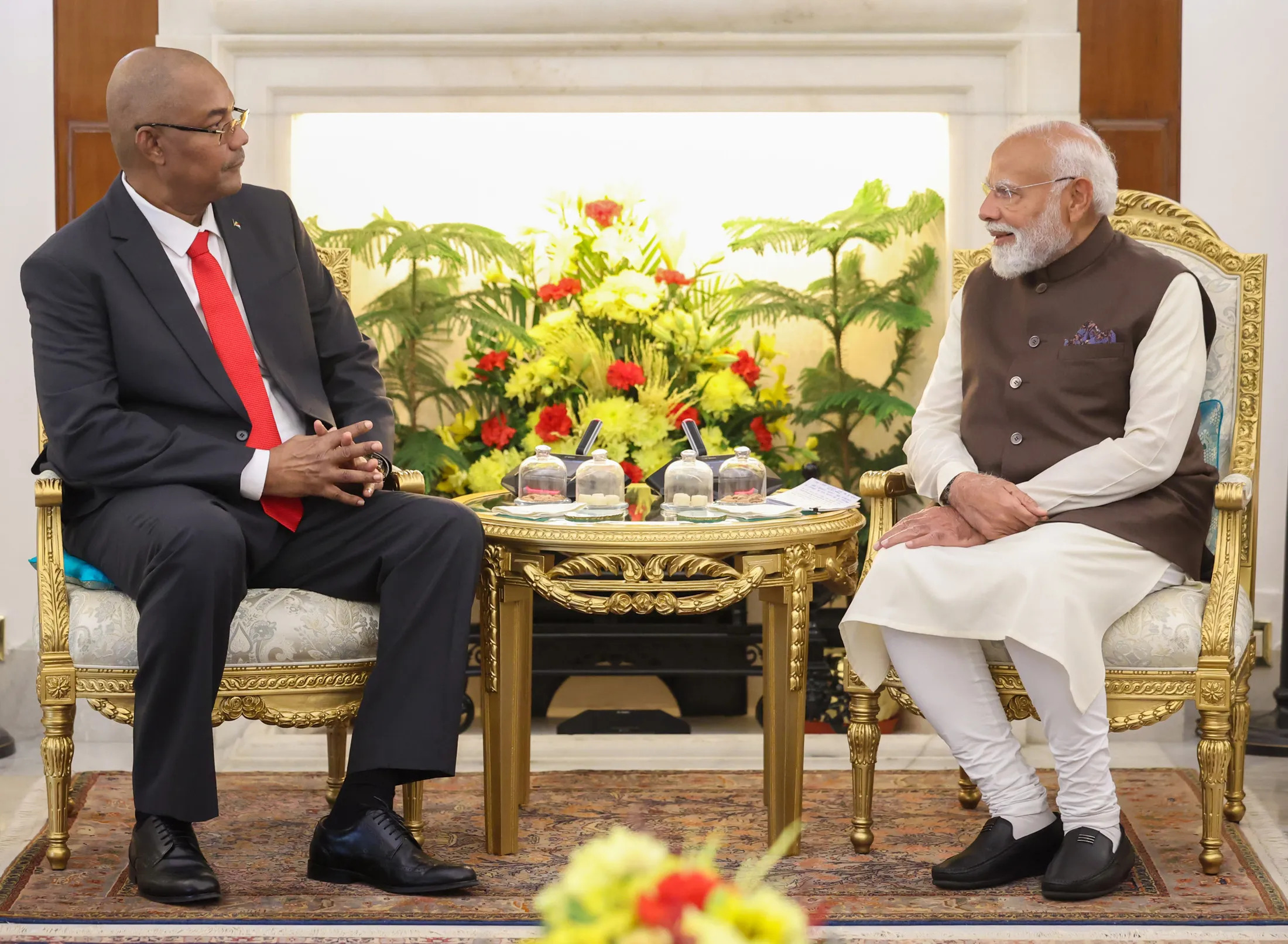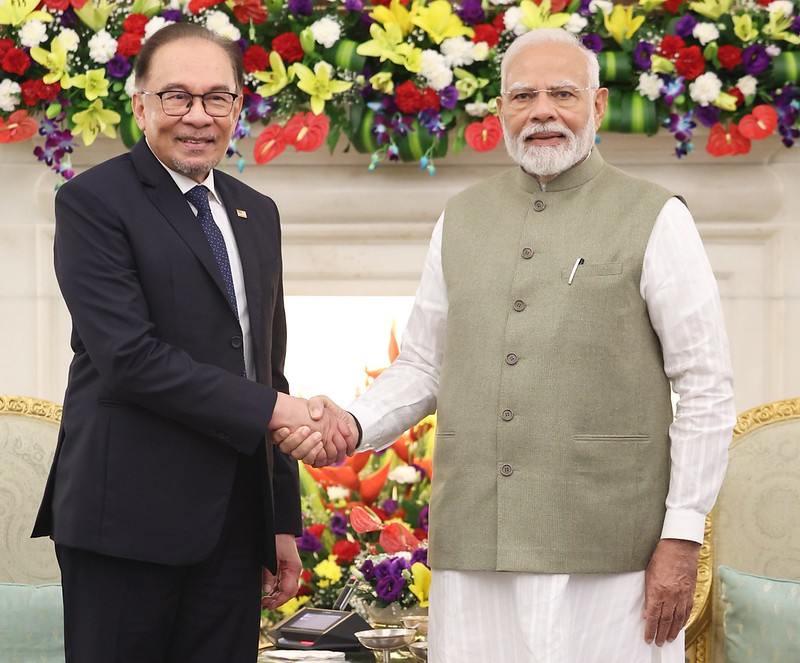The 2024 G7 Summit, hosted by Italy’s G7 presidency, took place from June 13-15 in the picturesque setting of Borgo Egnazia, Apulia. This gathering brought together leaders from Canada, France, Germany, Italy, Japan, the United Kingdom, the United States, and the European Union, represented by European Council President Charles Michel and European Commission President Ursula von der Leyen. The summit aimed to address pressing global issues and reinforce the rules-based international system amid growing geopolitical tensions.
Key Themes and Discussions
The summit featured six working sessions, focusing on critical global issues:
- Africa, Climate Change, and Development
- Middle East Crisis
- Russia-Ukraine Conflict
- Migration
- Indo-Pacific and Economic Security
- Artificial Intelligence, Energy, Africa-Mediterranean
Highlights and Key Statements
The central theme of the summit, “rules-based international system,” underscored the commitment of G7 leaders to uphold international norms and standards. This was especially relevant given the current geopolitical climate, where certain states have been accused of violating these norms.
President Recep Tayyip Erdoğan of Türkiye attended as a special guest, contributing to the discussions on international order and global challenges.
Prime Minister Narendra Modi of India, who attended the summit as part of the Outreach program, highlighted the significance of using technology to promote democratic processes. PM Modi praised the use of Electronic Voting Machines (EVM) in Indian elections for their impartiality and transparency. He also emphasized the importance of technology in reducing inequalities during a session that included discussions on artificial intelligence and African development.
The agenda of the summit was comprehensive and ambitious, spanning support for Ukraine, economic resilience, climate action, and advancements in global health and technology. This article delves into the key highlights and significant meetings that took place during this pivotal summit.
Supporting Ukraine’s Fight for Freedom
Joined by Ukrainian President Volodymyr Zelenskyy, G7 leaders reaffirmed their unwavering support for Ukraine’s struggle against Russian aggression. A landmark decision was made to unlock $50 billion in new financing for Ukraine, utilizing interest earned on immobilized Russian sovereign assets held in the EU and other jurisdictions. This financing will support Ukraine’s military, budget, and reconstruction needs. Additionally, the Biden Administration introduced sweeping new sanctions targeting over 300 individuals and entities associated with Russia’s war economy, further driving up the costs of Russia’s war efforts. In a significant bilateral move, Presidents Biden and Zelensky signed the U.S.-Ukraine Bilateral Security Agreement, cementing enduring U.S. support for Ukraine’s security and defense.
Advancing International Peace, Security, and Prosperity
The G7 leaders stood united in their commitment to uphold international peace and security. They called for a comprehensive deal in Gaza to ensure an immediate ceasefire, the release of all hostages, and increased humanitarian assistance, while ensuring Israel’s security and safety for Palestinian civilians. Discussions also highlighted the importance of peace and stability in the Indo-Pacific region, with a focus on countering the PRC’s actions in the South China Sea. The G7 also pledged to deepen cooperation with African partners, endorsing their call for a greater voice in international bodies.
Promoting Economic Resilience and Security
Economic security and resilience were central themes at the summit. President Biden rallied the G7 to address unfair economic practices by the PRC, which undermine global markets and create supply chain dependencies. The G7 is committed to confronting non-market policies, protecting critical technologies, and promoting resilient supply chains, especially in developing countries. New efforts will be made to monitor and counter harmful practices and to enhance economic security through cooperation and strategic investments.
Partnering with Developing Countries
The G7 took significant steps to support developing countries in achieving sustainable development goals. They backed the Nairobi-Washington Vision, aimed at addressing the global debt impasse and supporting critical investments in developing nations. Planned contributions to multilateral development banks (MDBs) were announced, with the potential to boost lending by $70 billion over the next decade. Additionally, the Partnership for Global Infrastructure and Investment (PGI) saw renewed commitments, with significant private sector investments announced to support infrastructure and digital advancements in emerging markets.
Accelerating the Clean Energy Transition
Climate action was a priority, with G7 leaders reaffirming commitments to triple renewable energy capacity and double global energy efficiency by 2030. They agreed to phase out unabated coal power by the early 2030s and set ambitious targets for energy storage. The G7 also recognized nuclear energy as a critical component in the clean energy transition and established a working group to promote cooperation on fusion energy research.
Promoting Health and Food Security
Health and food security initiatives were at the forefront of the G7’s agenda. The Apulia Food Security Initiative was launched to address structural barriers and promote sustainable agricultural practices. The G7 also called for new pledges to the Pandemic Fund and catalytic financing to bolster global health security. Efforts to expand immunization coverage and tackle antimicrobial resistance were emphasized, with leaders committing to significant investments in these areas.
Enhancing Gender Equality and Migration Management
The G7 committed to supporting women’s economic participation by investing in childcare and addressing the unequal distribution of care work. They also reaffirmed their commitment to addressing migration challenges through the principles of the Los Angeles Declaration on Migration and Protection, focusing on safe migration pathways and enhancing border management.
Deepening Cooperation on Artificial Intelligence
In line with the Biden Administration’s vision for safe and trustworthy AI, the G7 emphasized the importance of international cooperation to bridge the digital divide and ensure the benefits of AI are widely shared. Leaders committed to enhancing AI safety, interoperability of governance approaches, and promoting resilient technology supply chains, particularly in the semiconductor sector.
Bilateral Meetings and Diplomatic Engagements of Prime Minister Modi
The summit provided a platform for numerous bilateral meetings, underscoring the importance of diplomatic engagement in addressing global issues:
– Meeting with UK Prime Minister Rishi Sunak: Prime Minister Modi and UK Prime Minister Rishi Sunak discussed strengthening bilateral ties, focusing on trade, investment, and technological collaboration.
– Meeting with French President Emmanuel Macron: PM Modi and Macron explored ways to bolster the strategic partnership between India and France, with discussions covering defense cooperation, climate action, and global security.
– Meeting with Ukrainian President Volodymyr Zelensky: PM Modi reaffirmed India’s support for a peaceful resolution to the Russia-Ukraine conflict, emphasizing dialogue and diplomacy as key to ending hostilities.
– Meeting with Pope Francis: In a historic first, Pope Francis addressed the G7 session, advocating for the ethical use of technology to bridge global inequalities. PM Modi’s engagement with the Pope highlighted the role of moral leadership in addressing global challenges.
– Meeting with Canadian Prime Minister Justin Trudeau: PM Modi and Trudeau had a brief meeting during the G7 summit, which was posted by PM Modi on X.
– Meeting with US President Joe Biden: PM Modi and Biden deliberated on various aspects of the US-India strategic partnership, including defense, technology, and climate change, aiming to further solidify the collaboration between the two nations.
The G7 Summit in Apulia concluded with the adoption of a leaders’ communiqué, reaffirming their commitment to global cooperation and a rules-based international order. The G7 Summit in Apulia showcased a unified front in addressing critical global challenges. From supporting Ukraine and promoting economic security to accelerating climate action and enhancing global health, the leaders demonstrated a firm commitment to fostering a more secure, prosperous, and sustainable world. Prime Minister Modi reflected on the summit’s productivity, emphasizing the collective aim to create impactful solutions for the global community. As the summit concluded, world leaders reiterated their determination to address global challenges collaboratively, setting the stage for future engagements and continued dialogue on pressing international issues.

